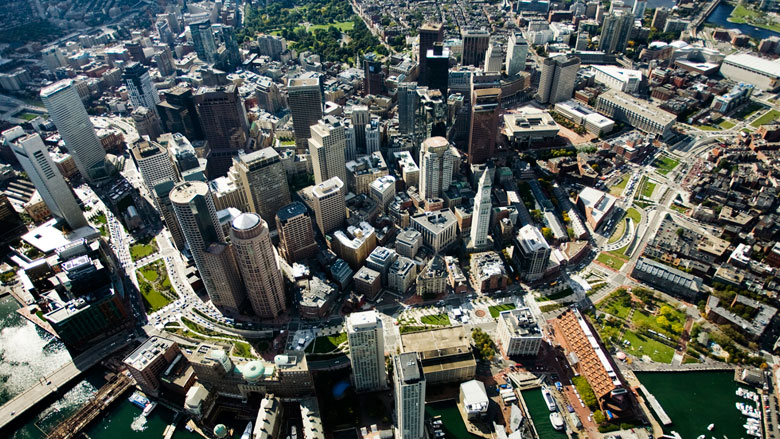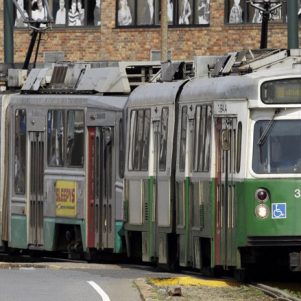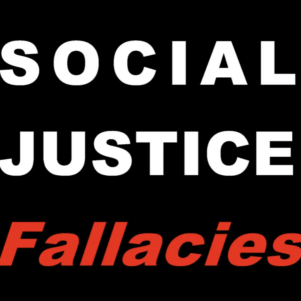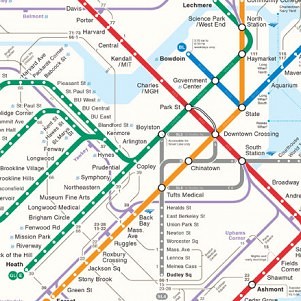Will Massachusetts’ diverse economy blunt a looming recession?
By James P. Freeman | May 16, 2016, 6:12 EDT

With an overload of disparate data, headlines alarmingly assert that the economy is headed for a recession in 2016. Given the severity and duration of the last downturn, how might Massachusetts fare this time?
Technically, The Great Recession of 2007-2009 ended on June 30, 2009. But quantitative evidence feeds negative qualitative sentiments — many don’t feel that the economy ever recovered from seven years ago, in spite of anemic growth. The U.S. economy has not grown above 3 percent for a decade; from 2006 to 2015 it has grown at an average rate of 1.41 percent (the slowest rate of growth in a 10-year period since 1930-1939). The sound of today’s activity is barely audible compared to the roar of the post-World War II period (1947-2004), when growth averaged 3.45 percent each year.
Writing for American for Limited Government, Robert Romano concludes, “it’s been a lost decade of opportunity, and Americans may be paying the price for years to come.”
This past January, CNBC guest contributor Michael Pento predicted that the next recession will be more severe than the last one in 2008 and noted that since World War II a recession has occurred, on average, every five years. We are due for another.
Locally, a bleak forecast of the economic future was published by The Boston Business Journal (BBJ) in February. Citing what it calls a “confluence of negative factors,” Massachusetts’ gross domestic product (GDP) grew by only 1.3 percent in the fourth quarter of 2015, far lower than comparable periods in 2014 and 2013.
But a BBJ editorial on February 19 – in the same issue warning of trouble on the horizon — offered a glimmer of opalescent optimism. It said Greater Boston “emerged from the last recession better and faster than other regions.” Furthermore, such success came from “the diversity of our economy.” In the first quarter of 2016, the Commonwealth’s GDP rose to 2.3 percent (nationally, GDP grew by a paltry 0.5 percent).
Massachusetts’ diverse economy may, in fact, blunt a looming recession.
The BBJ last year listed diverse industry sectors such as healthcare, higher education and financial services as among the biggest employers in the Commonwealth. Add a booming bio-tech industry (and high-tech) — which both lure venture capital investors — and add a vibrant real estate market, it is understandable how the BBJ arrived at its sanguine outlook. Greater Boston has the good fortune to have a heavy concentration of these growth industries.
And one should not underestimate General Electric’s decision to relocate its corporate headquarters to Boston. It is, perhaps, a recognition of Boston’s economic diversity, as the company evolves from heavy industry to a leader in the burgeoning “industrial internet.”
What may temper these reassuring developments, however, is this unnerving fact: the government — state and federal — is the largest employer in Massachusetts (it employs approximately 460,200 or 13.3 percent of all employment). By comparison, Massachusetts’ largest non-government employer is Partners Healthcare (over 64,800).
Local, state and federal government, combined, is the biggest employer in the country and its employees outnumber those in the manufacturing sector alone by a factor of 1.8 to 1, according to CNSNews.
Why does this all matter?
Public sector – especially a large and intrusive public sector – interests do not necessarily live in peaceful harmony with private sector interests (consider income inequality and profit motif). And it may be argued that government competes with business in terms of efficiently allocating capital, attracting talent and producing goods and services at prices a healthy market driven economy will sustain. A large and powerful public sector is also likely incentivized to protect its own large and powerful employee base.
Should a recession occur this year – during a presidential election – it would reignite a classic argument between Republicans and Democrats as to government’s role in engineering economic activity. Traditionally, conservatives believe government is an impediment while progressives believe government should be a lubricant.
The federal government’s last bold attempt to tinker with – more like transform — the economy proved to be expensive and ineffective with two massive actions. Under President Bush’s Republican leadership came the bailout known as Troubled Asset Relief Program ($700 billion) in 2008 and under President Obama’s Democratic leadership came the stimulus known as American Recovery and Reinvestment Act ($787 billion) in 2009.
With this level of spending today’s economy should be sizzling. Instead, by their creation, the economy is burdened by more debts and deficits.
But two public sector leaders in the Greater Boston area, Gov. Charlie Baker and Mayor Marty Walsh — by their efforts in landing GE to Boston, further diversifying the region — seem to understand the primacy of the private sector in the local economy. Their efforts also underscore this novel fact: the monopoly of economic wisdom should not reside in Washington, D.C.

James P. Freeman
James P. Freeman is a New England-based writer and former columnist with The Cape Cod Times. Read his past columns here.











